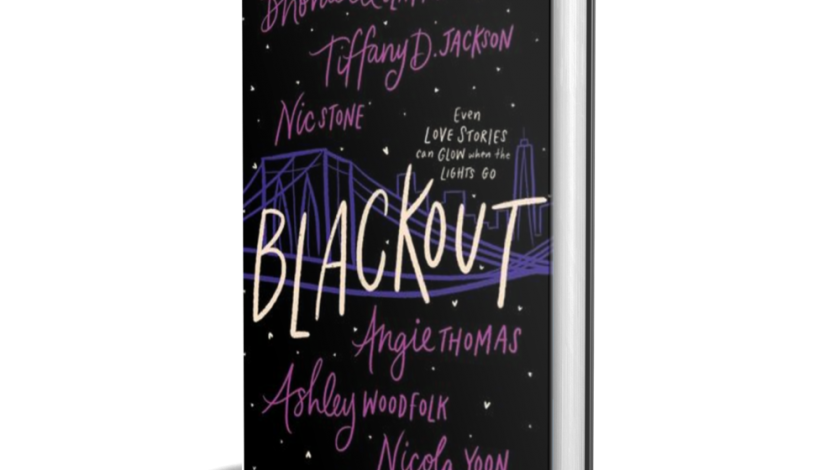Blackout is a book told in ten chapters about Black youth who experience New York when the lights go out. Written during the COVID-19 pandemic, when the world itself paused and made us all feel like we were in a metaphorical blackout, this novel captures the stories of various teens who are fumbling around in the dark, trying to make sense of love. Dhonielle Clayton, Angie Thomas, Tiffany Jackson, Nic Stone, Ashley Woodfolk, and Nicola Yoon collaborate to shed some light on this emotionally charged topic and to give readers some clarity about navigating their own love stories.
From the various characters, readers will learn certain truths about finding comfort in our own skin and remaining unfazed by expectations: “Forget what anyone expects: the only person I have to truly worry about is me” (199). We further come to understand that it’s nearly impossible to be brave unless we experience at least a little bit of fear, that “bad things are easier to believe than the good stuff” (83), and that people typically lie for three reasons.
On the love story front, readers recognize the impossibility of making someone want us back and the absence of logic when feelings are involved. Two people can be polar opposites and argue all the time but still have an undeniable chemistry that allows them to make a relationship work. They might be drawn together by a common interest–like playing music, watching educational television, or discussing philosophically convoluted topics like how much a person can change and still be considered the same person.
We also confront other deep truths about how personal identity shouldn’t be connected to someone else. We need to know who we are as individuals before we can identify as another person’s significant other. We must see the possibilities available for ourselves before we consider someone else’s heart, hopes, and dreams.
With Blackout, six talented authors bring readers the “kind of magic that only happens in the dark” (108). When we find the right person to love and when someone loves us back, “all their hang-ups don’t really mean much. Because loving that person is a choice [we] have to make every day, even when that day isn’t what [we] expect” (208).
Sometimes a blackout forces us to pause and take stock of what really matters, giving us an excuse to relax and be with one another. And sometimes we have to let go of old dreams to make new ones.
- Posted by Donna

